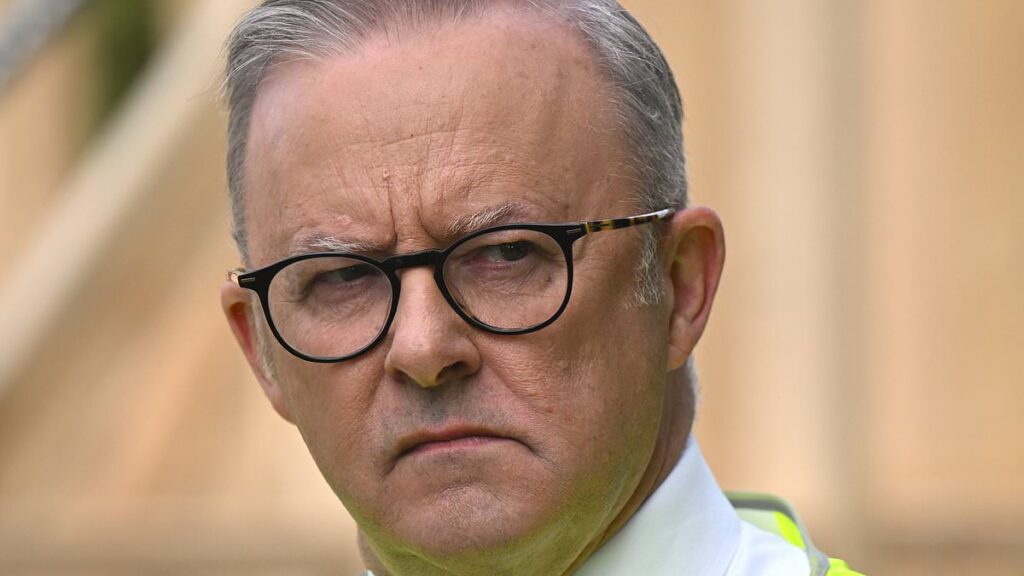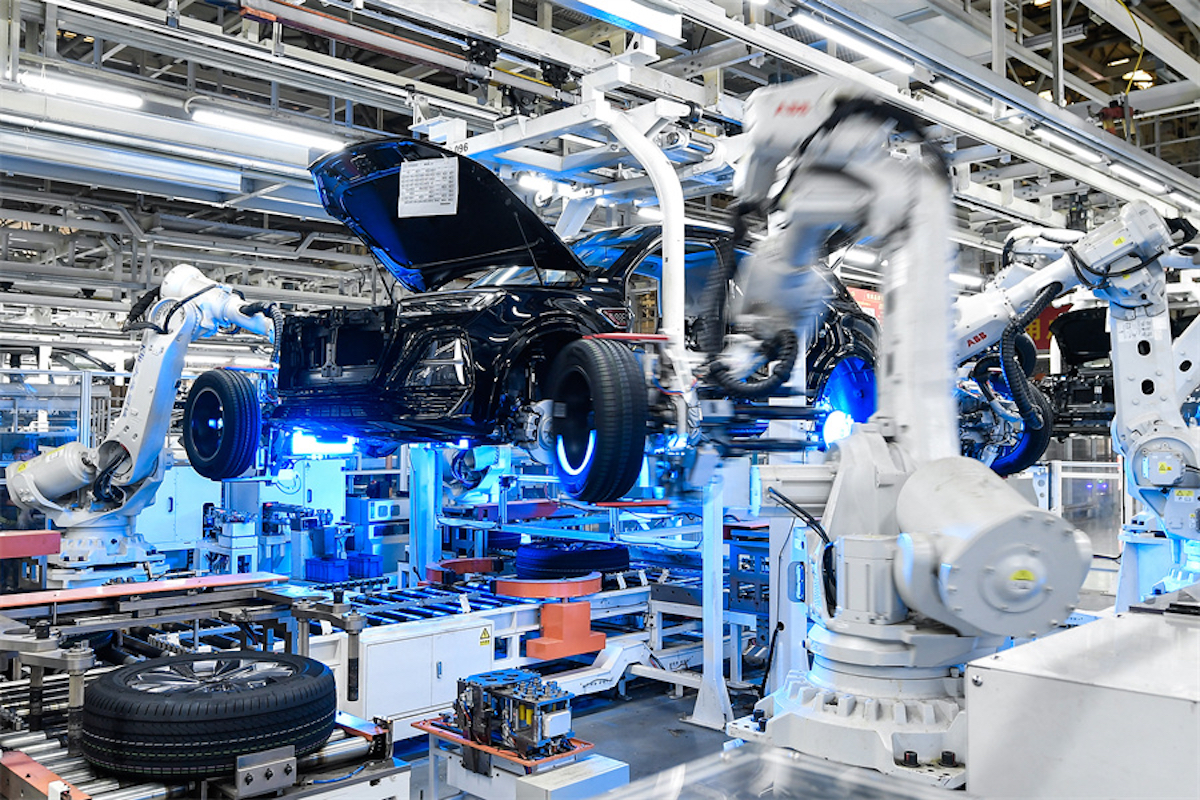
Australia’s housing crisis has reached unprecedented levels, with essential workers such as nurses living in cars and thousands of mothers and children resorting to crisis accommodation. This dire situation has unfolded despite Prime Minister Anthony Albanese’s promise to address the housing shortage. Instead, Australia now grapples with some of the world’s most expensive real estate, a scarcity of rental properties, and homelessness levels unseen in recent memory.
According to recent data from Homelessness Australia, the number of people seeking their services each month has surged by 10% since the Albanese government assumed office in May 2022. The crisis disproportionately affects women and girls, with a reported increase of 14% in this demographic.
Impact of Immigration on Housing
While many Australians struggle to find housing, immigration rates continue to soar. The Australian Bureau of Statistics reports that in the year leading up to May, 1.1 million permanent and long-term arrivals entered the country, including international students and skilled workers. This influx has intensified competition for rentals in major cities such as Sydney, Melbourne, Perth, and Brisbane, driving rents and property prices to new heights.
Bob Birrell, President of the Australian Population Research Institute, attributes the housing crisis to record levels of overseas migration, which he argues have priced working Australians out of the market. ‘The Albanese government is completely irresponsible on this issue,’ he stated.
Rents and house prices are soaring across the nation’s capitals off the back of record migration.
Government Policies Under Scrutiny
Freelancer CEO Matt Barrie is among those criticizing the government’s handling of the housing crisis. He argues that the current policies have made homeownership unattainable for many Australians. ‘The Great Australian Dream is now mathematically impossible for the average Australian,’ he remarked, noting that in Sydney, it takes 46 years to save for a house deposit.
Prime Minister Albanese has defended his administration, claiming that the Labor Party inherited a decade of neglect from the previous Liberal government. However, critics like Barrie believe the crisis has been exacerbated by the government’s immigration policies, which have led to the largest wave of migration in the country’s history.
Challenges in Social Housing
As politicians reconvene in Canberra, there is a growing call for action. Maiy Azize, spokeswoman for Everybody’s Home, emphasized that the Albanese government has an opportunity to create a lasting legacy on housing. ‘This is a national crisis that is now pricing out everyday people right across the country,’ she said.
Azize highlighted the government’s failure to meet its ambitious target of supplying 1.2 million homes by 2029. She argues that relying solely on the private market is insufficient, pointing out that social housing has declined to around 4% of all homes, down from 4.7% in 2013.
‘To reach six per cent social housing, Australia must build more than 36,000 additional social housing dwellings every year for the next decade,’
she added.
Voices from the Frontline
Refuge workers and frontline services have also raised alarms about the crisis, particularly its impact on women and children. Kate Colvin, CEO of Homelessness Australia, noted that rising rents have pushed many families into precarious living situations. ‘It’s heartbreaking when you meet people who have cancer and due to the number of hospital visits they attend they can no longer work,’ she said.
Colvin highlighted the increasing number of young people who have been in and out of refuges, often resorting to unsafe living conditions. ‘There’s always someone who’ll offer a 16-year-old girl a bed but it comes with obligations,’ she warned.
Housing and Homelessness Minister Clare O’Neil acknowledged the complexity of the homelessness challenge and emphasized the government’s commitment to addressing it. ‘We’re acutely aware of just how complex the challenge of homelessness is,’ she told the ABC, noting the appointment of a special envoy for social housing and homelessness to tackle these issues.
The situation remains critical, with calls for immediate action to alleviate the pressure on Australia’s housing market and provide relief for those most affected by the crisis. As the government navigates these challenges, the eyes of the nation remain fixed on potential solutions and the path forward.






